Employer's Guide to Employee Recognition & Appreciation Programs in Healthcare
Employee recognition programs are one of the mainspring of setting up a successful employee culture. Employee recognition and engagement theories are based on the idea that your employees need more than an annual "thank you for sticking around. Every year there are dedicated days, weeks, and months to appropriately recognize the contributions of healthcare professionals around the world.
Why is there a need to celebrate and appreciate your employees?
As an employer, it's increasingly important to keep your clinicians and staff happy, engaged and appreciated - through the long hours, burnout, and ongoing challenges the industry continues to face.
Fact: 78% employees in the USA state that they feel motivated to work harder when they are appreciated
Your staff and team are the first to interact with your patients and are an integral part of patient care and experience. Regularly showing your staff appreciation for all their effort and commitment to the workplace, build an effective and results-driven organization.
Your employees are your biggest advocates and having a recognition program in your your hospital/clinic/ company is that you promote a positive workspace culture which will improve your reputation as an organization while hiring more clinicians
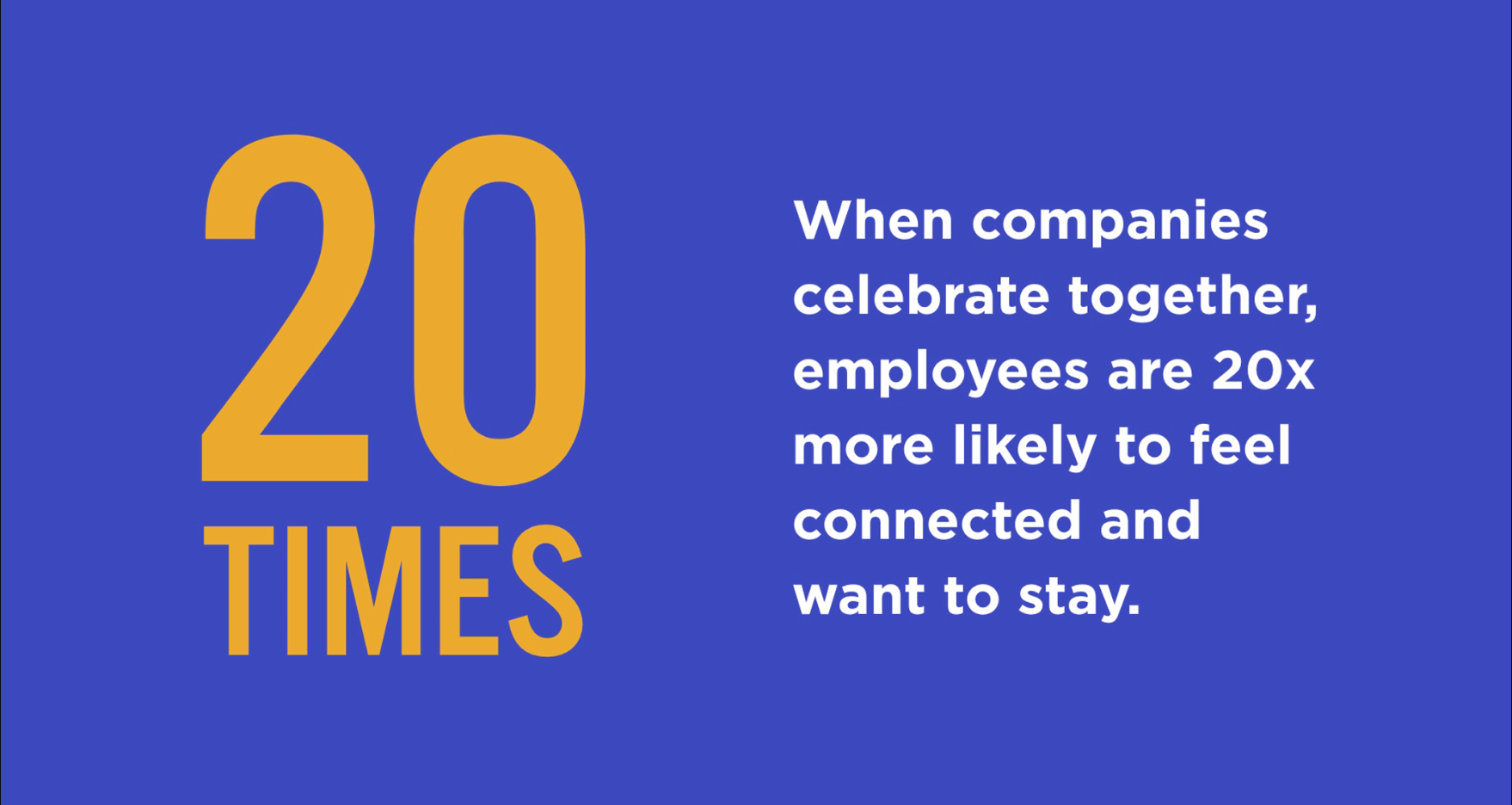
The concept of employee recognition programs can be confusing and overwhelming, so we broke it down to help you understand what it takes to get a program up and running for your company.
Types of Employee Recognition Programs for your Healthcare Setup
In order to successfully implement an employee recognition & appreciation program, you need to understand the options and routes that you have at your disposal.
Formal Recognition
Formal recognition is also called structured programs with defined processes, rules and guidelines linked to your organizational values and goals. These programs are created by company leadership and involve a selection process. Employees are, therefore, recognized publicly during an award ceremony. Formal recognition is often celebrated annually
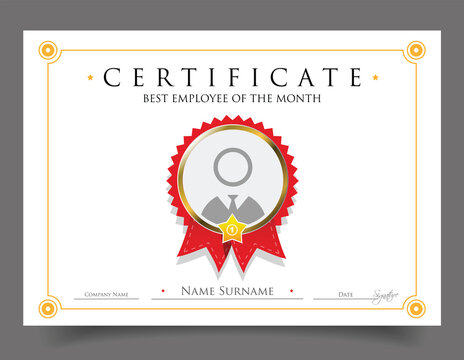
A few ways you can formally recognize & appreciate your employees in a healthcare setting are:
- Monetary award for the employee who exhibits best practices while
- tending patients for the week
- Monetary award for excellent attendance
- Holding annual staff dinners
- Mentions in Organization newsletters
- Putting a plaque on a wall
- A poster in the lobby
- A spot on the organization website
Informal Recognition
Informal recognition, also called unstructured programs, focus on spontaneity. Instead of having strict rules or defined guidelines, these programs aim at individuals or team’s progress toward milestones, achieving goals, or project completion. The motive of an unstructured program is not the size of the reward. The key here is to make sure that the employees feel noticed and appreciated for the contributions they make to the organization. Celebrations may include giveaways/gifts, or team outings to celebrate achievements or behavior changes.
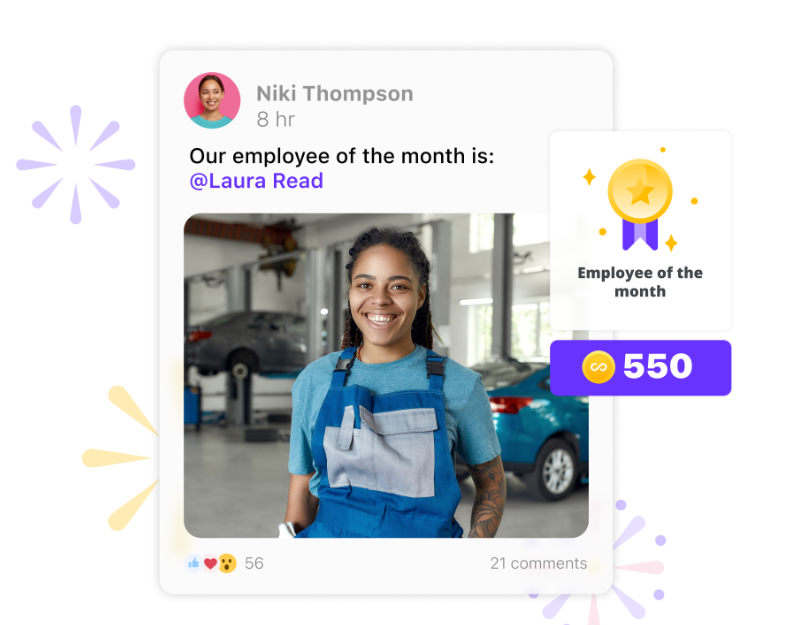
Here are a few examples of how you can use informal recognition in your hospital/healthcare setting
- Appreciation in Public employee/organization forums
- Surprising them with lunch celebrations
- Special Privilege for a month
- Monetary rewards for achieving a milestone
Day-to-Day Recognition
Day-to-Day recognition is frequent, ongoing, and informal. It's created to recognize behaviors that support your organizational values and culture. All employees have the right to participate to give and receive recognition. It includes verbal recognition, thank you notes, e-Cards, or Instant Award Cards that can be given by peers or management staff.
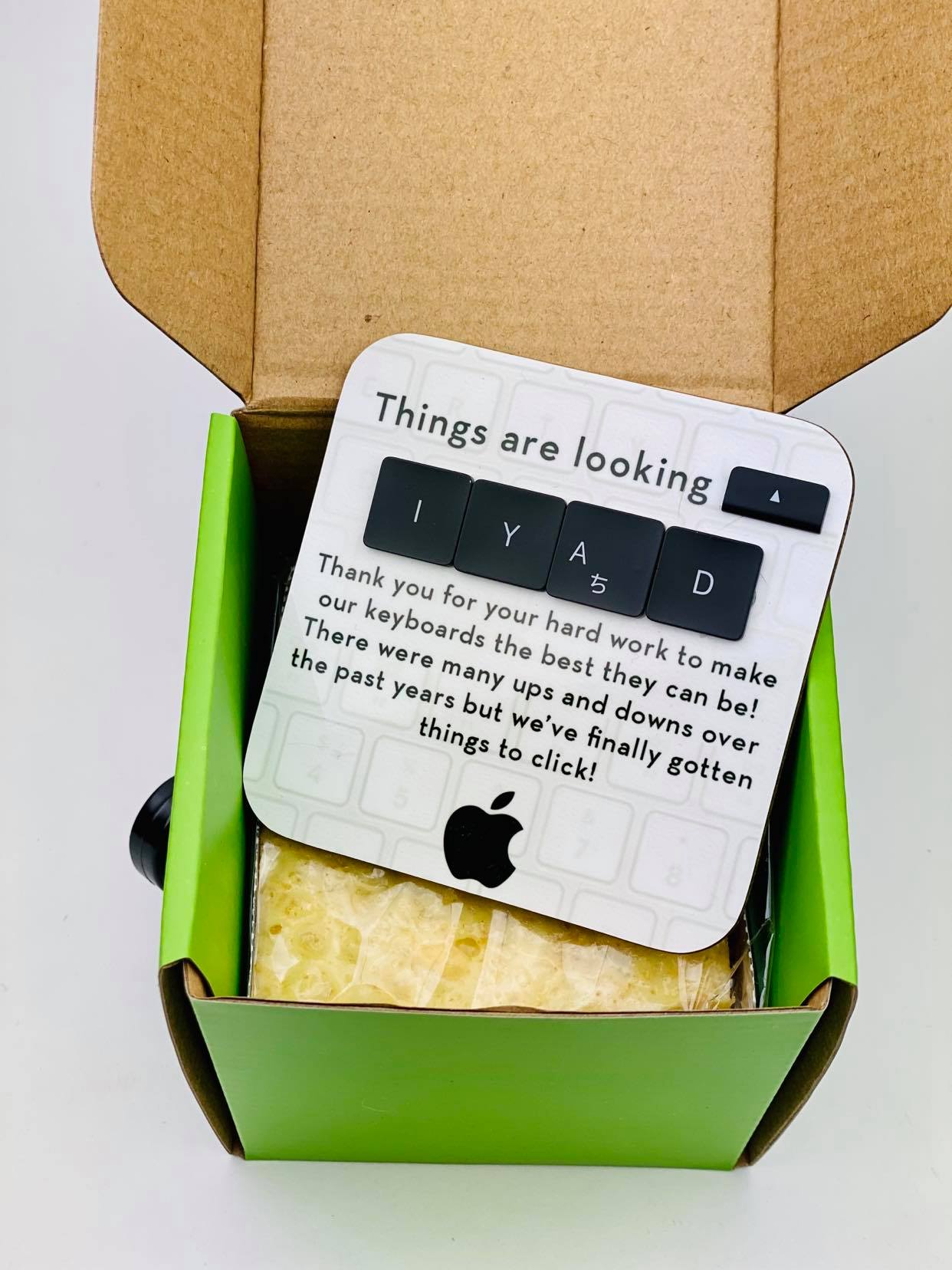
Final Thoughts
Healthcare companies require flexibility and measurable benchmarks in order to achieve desired results. By integrating the individual and departmental programs into one total recognition platform, healthcare facilities can easily manage, monitor, and most importantly measure the success of the program as a whole.
Are you hiring?
DirectShifts acts as a bridge between healthcare companies and clinicians, thus helping them find the best healthcare staff for their healthcare needs. Find your next hire with DirectShifts Click here to see how DirectShifts can help!
Tags:
May 26, 2022
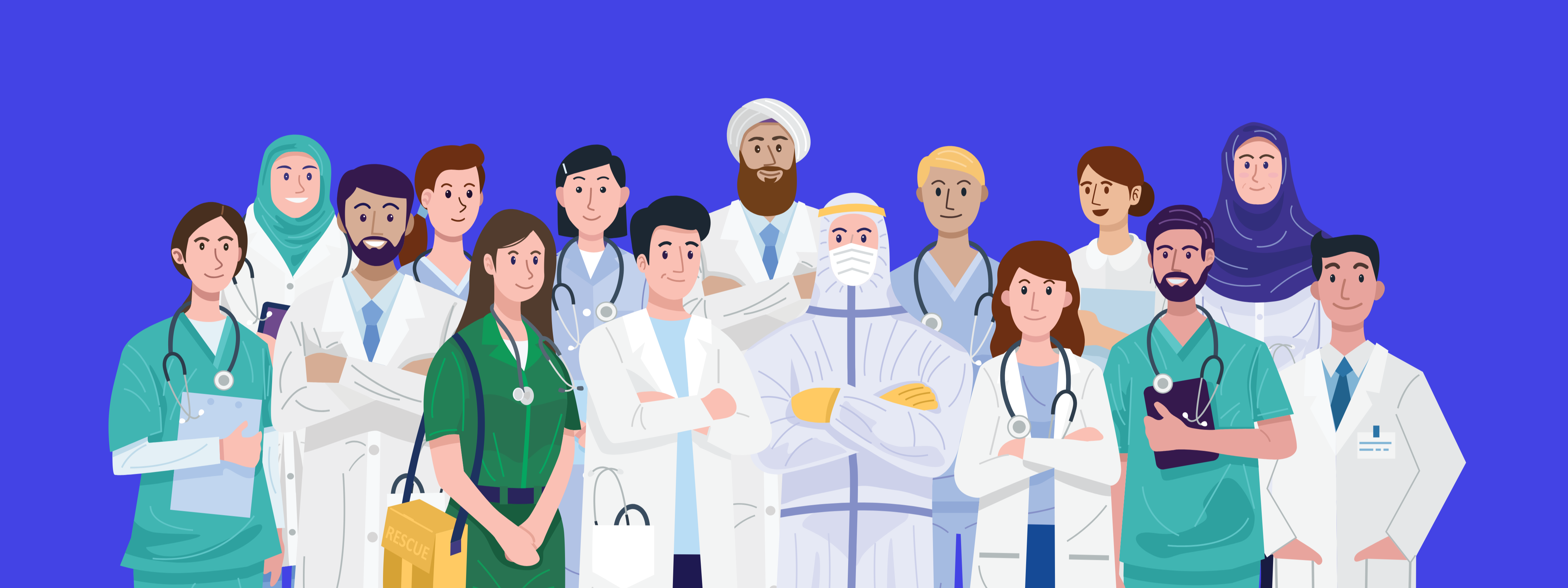


Comments